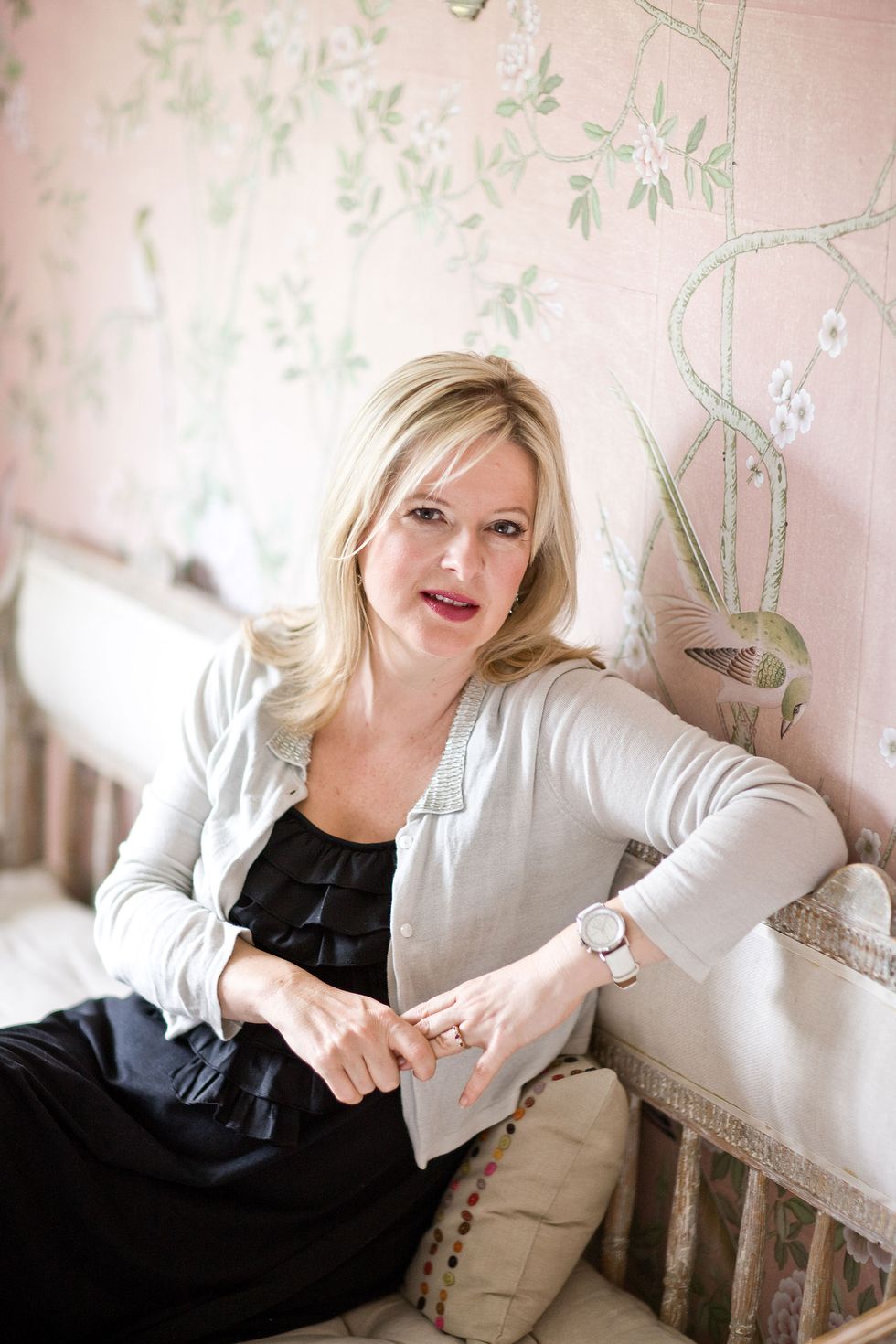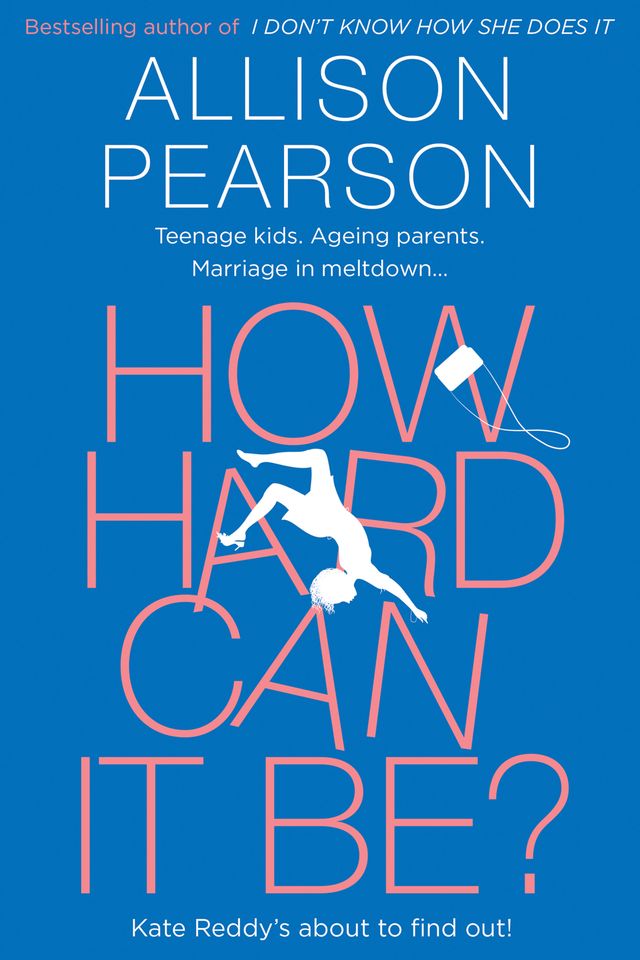Isabel was one of those mothers at the school gate you pretend to despise, but secretly envy. She looked like a forty-something Sienna Miller. As if that wasn’t bad enough, the wretched woman was kind, and her organisational ability legendary.
If you’d forgotten that it was Viking Day or Tudor Day (pretty much weekly in my case), Isabel would somehow magic up a velvet waist-coat or a helmet with horns to save the day. "Just something I had in the dressing-up basket, you know," she’d say.
No, I didn’t know. I was a harassed working mother who had taken only a few months off after the births of my two children. Spare Viking attire was out of my league. Bitterly, I used to think that women like Isabel, who had given up a high-flying City job to look after three children, had too much time on their hands.
The mutual suspicion of the working and non-working mother prevented us becoming friends, until, one afternoon, I bumped into a tearful Isabel. She had just raced across the country, from Nottingham, where her father was in a nursing home after breaking his hip.
Isabel was scared to leave him, but she had to get back in time to take her son to his grade-five theory exam. "We are the carers now, Allison," she said. That stayed with me. So did the fact that, with her husband’s business in trouble, she urgently needed to find a job. "You’ll be snapped up," I told her. The reality turned out to be shockingly different. A headhunter explained that, while she had an exemplary CV, in the seven years since Isabel left the City, she had done "nothing that would be of any interest to my clients".
Besides, he added, as she was in her late forties, she was, ahem, "fast approaching that cohort parameter" beyond which recruitment was unlikely.
I was outraged. How could everything that this incredible woman had done since she left full-time employment be brushed aside so contemptuously? Besides raising three children and supporting her elderly relatives, Isabel ran the PTA, gave investment advice to several charities and, as the chair of governors, had helped to turn around a school in special measures. That was a hell of a lot of ‘nothing’. Why was talent like hers being wasted?
Girls now outnumber boys in more than two-thirds of degree subjects. Women are starting to dominate law and medicine. Yet nearly four in 10 highly qualified females report that they have left work voluntarily at some point, and that figure rises to 43 per cent for those with children. You don’t have to look far for the reason. As a society, we still expect women to do the lioness’ share of caring.
The University of Michigan’s Health and Retirement study found that women are more than twice as likely to care for their ageing parents than men. But that priceless, hugely demanding work has no currency in the world of paid employment. Add to this the scourge of ageism – one recent study found that for women in the workplace, "old age" begins at 45 – and you see how the odds are stacked against mothers wishing to resume their careers.
When I sat down to write How Hard Can It Be?, I wanted to put a Woman Returner like Isabel at the heart of the book. My heroine, Kate Reddy, who desperately needs to find work, decides to lie about her age, as it’s the only way she can land a relatively junior
position. (After reading it, two of my friends admitted to me that they also hide their true age at work.) And she invents a new CV, in which all the family stuff she’s been doing for the past few years is re-branded as a key business skill: "Time Management and Prioritisation. I have balanced the complex needs of different individuals while learning to prioritise multiple tasks and meet strict deadlines (Of course I have. Am I not a mother? Do I not manage the lives of two teenagers and one male in mid-life meltdown whilst keeping an eye on elderly relatives, walking the dog, trying to keep up with friends, carving out time to exercise...)"
Like the book itself, it is funny, but it’s no joke. Furthermore, women, once they are immersed in the domestic realm, lose confidence in themselves. During my research, I spoke to an ex-banker who, a decade ago, could have given a presentation to 200 entrepreneurs in her sleep. "I completely lost my nerve," she told me. "I was so used to being someone’s mummy, someone’s wife. I really felt like a firm would be doing me a big favour if they took me on."
Happily, more and more businesses are seeing Women Returners not as has-beens who couldn’t stay the course, but as a valuable source of mature talent: such as Bank of America Merrill Lynch, which runs a Returning Talent programme. "We recognise that choosing to have a family is a very important stage in one’s life and also that many people decide to take time away from work to focus on caring for their family," said Lauren Saunders, the bank’s EMEA head of diversity and inclusion, in 2014. Even a few years ago, you would not have heard a major firm acknowledging that a life out-side the office was anything other than a worrying sign you were lacking in commitment.
In my first Kate Reddy novel, I Don't Know How She Does It, published back in 2002, the big issues facing professional women were maternity leave and work-life balance. Today, we have a new frontier to conquer: opening up opportunity in middle age and combating that pernicious double standard whereby an older male in the workplace commands respect for his years of experience, while his female counterpart is an old bag with hot flushes.
If I could have one wish, it would be that the novel gives hope to any female reader who took time out of her career to care for others and now fears that she’s past it. As my heroine says, after one triumph where she shows younger colleagues how it’s done: "I didn’t succeed despite being almost 50. I succeeded because I had five decades of living under my belt, of bitter experience, of hard graft, of riding the rapids of family life, in sickness and in health. You can’t fake that."
‘How Hard Can It Be?’ by Allison Pearson (£14.99, HarperCollins) is out now.
Book your ticket for Allison Pearson's Bazaar at Work Summit event here














